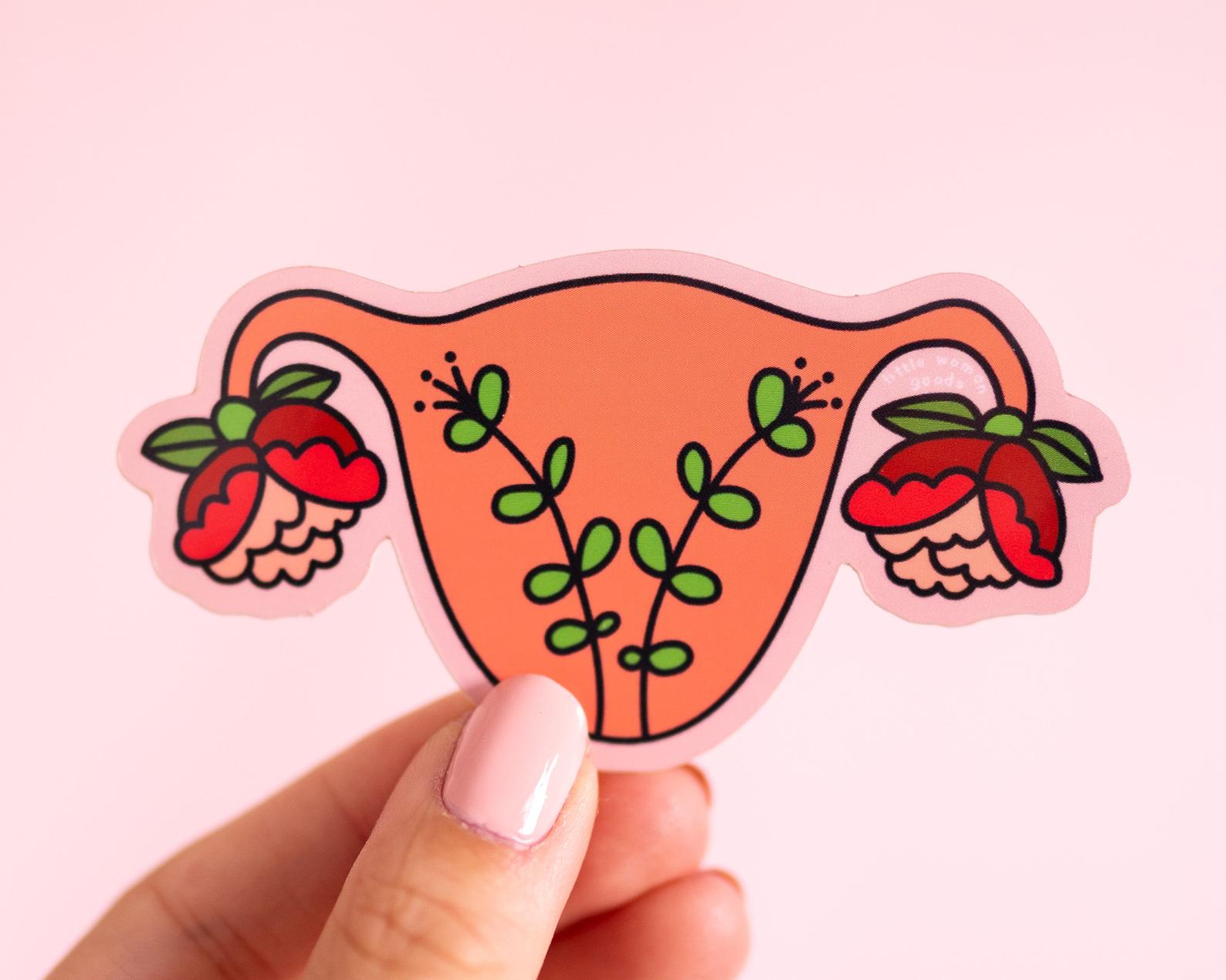 Dt. Meenaz Ahmed, Consultant Nutritionist and Dietitian, Motherhood Hospitals, Banashankari, Bangalore.
Dt. Meenaz Ahmed, Consultant Nutritionist and Dietitian, Motherhood Hospitals, Banashankari, Bangalore.
Breastfeeding is important for the child. But what about lactating mothers?
New mothers are so engrossed in taking care of their child and home that they neglect their health during the process. It is important that you, as a lactating mother, must follow a proper nutritional diet. The quality and quantity of your breast milk will depend on your nutritional status.
Here are a few ways which you can follow to balance your diet during the lactation period:
-
Understand energy requirements
During the lactation period, your energy requirements will increase, especially for the first 6 months. Your body may also burn about 3500 kcal per day, which means that your body is using more energy than you are consuming. This is when the extra weight you have gained during pregnancy will reduce.
Eat more fruits and vegetables every day. Breastfeeding mothers may also suffer from constipation for which you must eat fruits that contain potassium and Vitamin A like bananas and mangoes.
-
Stay hydrated
You must drink at least 8-10 glasses of water every day as frequent breastfeeding can lead to dehydration and it will make you thirsty too. The amount of fluid you consume every day will influence your milk production. Therefore, try to consume juices, milk and soups daily. Avoid caffeine-containing drinks and food like chocolates, coffee and tea.
-
Take Sugar and Fats in a controlled way
Do not go overboard with fats and sugar as they have less nutritional value. You must avoid taking food items like potatoes, chocolates, chips, cake, etc. However, moderate intake of fat is important as it is a concentrated source of energy. If you do not follow the “moderation” principle, you will end up gaining more weight.
-
Protein and iron intake is highly necessary
During the lactation period, protein intake is necessary and must be at least 75 grams every day. Try to consume protein-rich food like cheese, pulses, fish and vegetables. You can also eat nuts like almonds and walnuts and several dals which are available.
You should keep in mind that iron is also an additional requirement to enhance breastmilk production. You can eat green leafy vegetables, red meat, pulses watermelon, etc.
-
Importance of calcium and Vitamin D
The level of calcium can decrease among breastfeeding mothers that also leads to a reduction in Vitamin D. Therefore, you must take dairy products which can increase these levels as well as help in the development of bones of the baby. For calcium, you must drink milk or eat yoghurt and cheese. Sitting in morning sunlight can increase your Vitamin D levels. Try to sit for a few minutes in the sun daily. Remember that this exposure to the sun is crucial!
-
Do not skip any meals
As mothers breastfeed a lot, they tend to get hungry much sooner. The lactation period uses up a lot of calories which requires the need to take 3 nutritional meals every day. Do not skip any meal, especially breakfast. You can also enjoy a few light snacks like nuts, fruits, sandwiches etc.
Foods that increase breast milk production
Galactagogues is a substance that helps in maintaining and enhancing breastmilk production. There are some herbal galactagogues that mothers can take like jeera, dill leaves (sabaski), til (sesame), methi (fenugreek) seeds, oats, coriander, fennel seeds etc. Some food items are also prepared from these seeds and herbs like fenugreek laddu, ginger burfi or almond halwa. Fennel, garlic and ajwain can also help with colic in babies and increase milk production in lactating mothers.
Remember that you must take everything in moderation and note your daily calorie intake and consumption. You must take a balanced diet as it will benefit your baby and you.n











